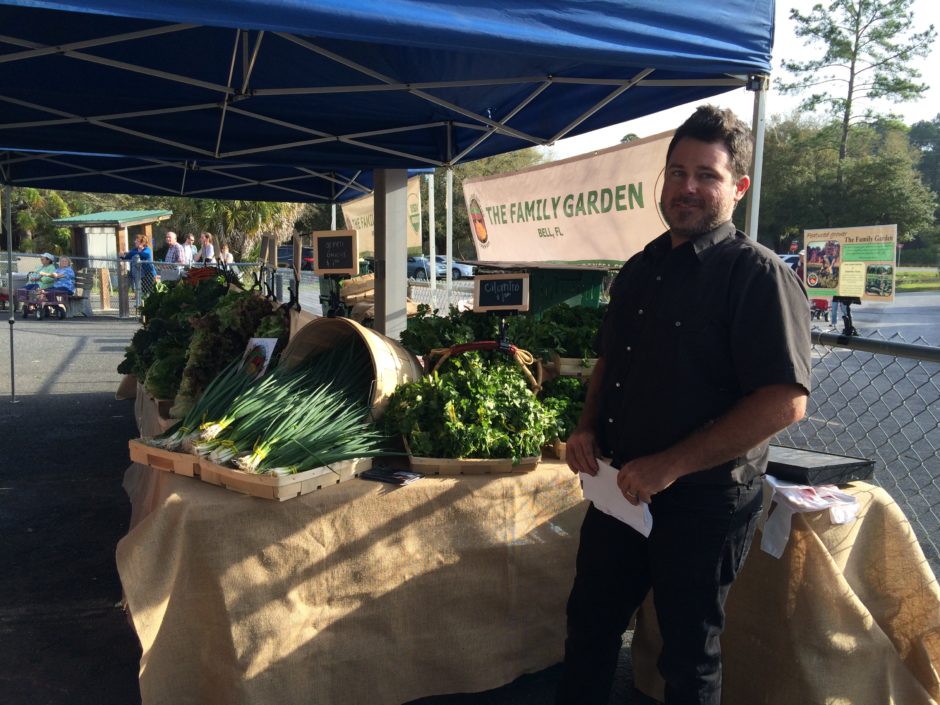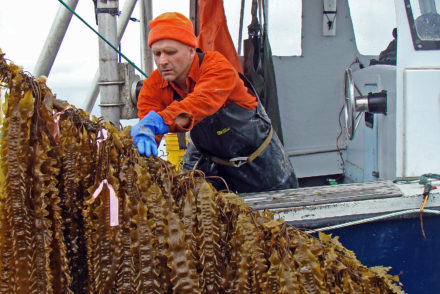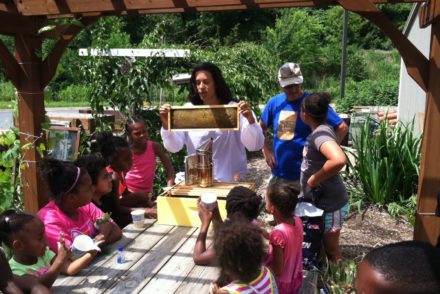“The farm is certified by the Agricultural Justice Project as a fair farm, which entails worker protection standards, paying a living wage, giving the right of association to workers, and generally maintaining a safe and respectful work environment.”
Jordan Brown owns and operates The Family Garden in Gainesville, FL. Jordan is focused on efficiently growing affordable veggies for the Gainesville community. Read on to find out why he decided to become the first Food Justice Certified farm in the South, and how members of The Family Garden’s CSA played an active role in the farm’s development.
Describe your farm.
In July of 2014 we bought 20 acres of woods growing on beach sand across the street from the city limit of Gainesville, FL. The farm is about 2 miles from downtown in a low-income neighborhood in a medium size college town. We moved to Gainesville from Bell, where I had farmed for the previous 8 years. The land was cleared and transformed from a patch of woods in the city where people used to go to smoke crack to an organic produce farm over the span of a year.
My family and I made the decision to move to Gainesville after being presented the opportunity to buy the land from a few Community Supported Agriculture (CSA) members who were part of a land conservation community. About half of our produce was already marketed in Gainesville, and most of our social life was there, so we made the move. We hope to be able to move a larger percentage of the farm’s production retail and other local sales and engage in the surrounding community more here in Gainesville.
I feel a few things set our farm apart from others. First, our labor situation. The farm is certified by the Agricultural Justice Project as a fair farm, which entails worker protection standards, paying a living wage, giving the right of association to workers, and generally maintaining a safe and respectful work environment. We do not use interns, contract labor, volunteers, or any other type of cost-saving labor arrangement. There is a lot of abuse in regards to labor with both small and large farms, interns and migrant labor and as I set my life to follow Jesus Christ, we wont be having any of that here.
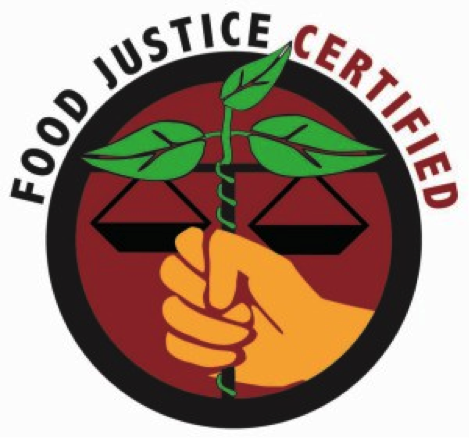
The other thing is that even though our farm is small, I feel that it runs efficiently. The infrastructure is modeled after larger farms, which helps to maximize production and save time and money. A lot of farms our size and smaller do not always embrace technology and efficient production as many people liken it to the corporate farm system in America. At The Family Garden we are trying to pump out the produce and keep it affordable for working people.
What led you to farming?
Gardening is addictive.
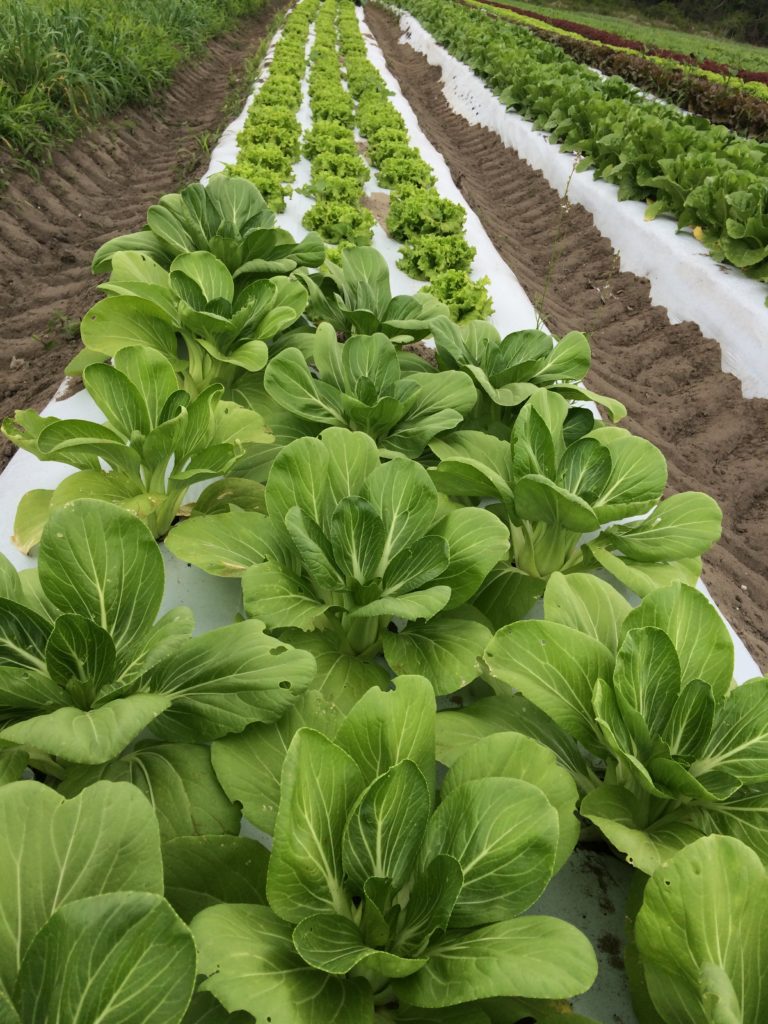
What kind of training did you have as a farmer?
None. I started farming while I went to community college part time. I eventually got a degree in Agronomy from The University of Florida, which is absolutely worthless if you want to farm in Florida.
How have you dealt with the challenges of financing the farm and providing for your own livelihood?
It ain’t easy. I made the transition from gardening to farming after I sold my house in Gainesville back in 2006. I blew a bunch of cash on trying to figure out how to farm and just grew little by little. After a few years of production and maintaining good personal credit, I was able to get smaller production, tractor, and truck loans. Many things I just had to save up for. I lived in mobile homes and lived cheaply, pouring any extra money right back into the farm. In 2010, we started a CSA program which has helped tremendously to provide annual money to get started every season. It was CSA members who presented us the opportunity to buy the new land, and much of the infrastructure on the new farm was financed by selling 5 1/2 years of CSA shares to a few folks. The land itself was purchased with financing from Farm Credit and the USDA/FSA. I was only able to access those channels of credit by showing a history of good production. The move has been a huge transition and cost way more than I anticipated, but somehow we are making it.
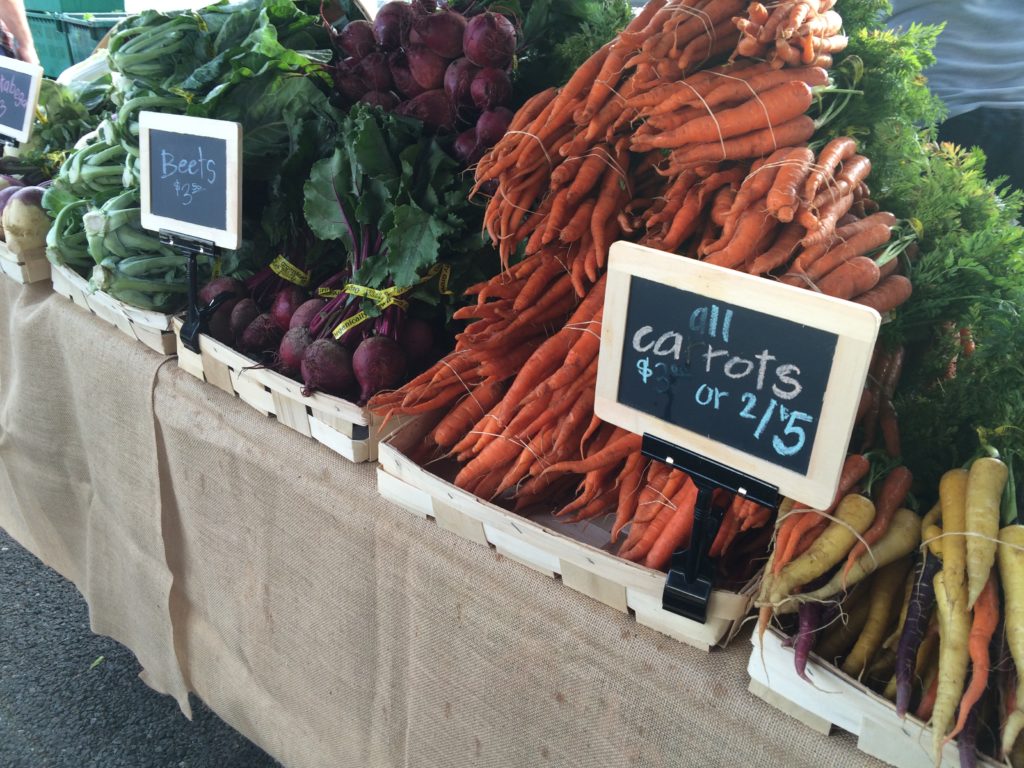
What changes would you like to see in agri/food culture right now?
Cut ALL agricultural subsidies and let people see the real cost of food. Make agricultural workers equal workers by mandating employers to pay overtime, allow freedom of association, and collective bargaining. Make agricultural employers subject to all the labor laws governing other sectors of work. Our farm would be much more competitive in those situations.
Photos courtesy of The Family Garden.

